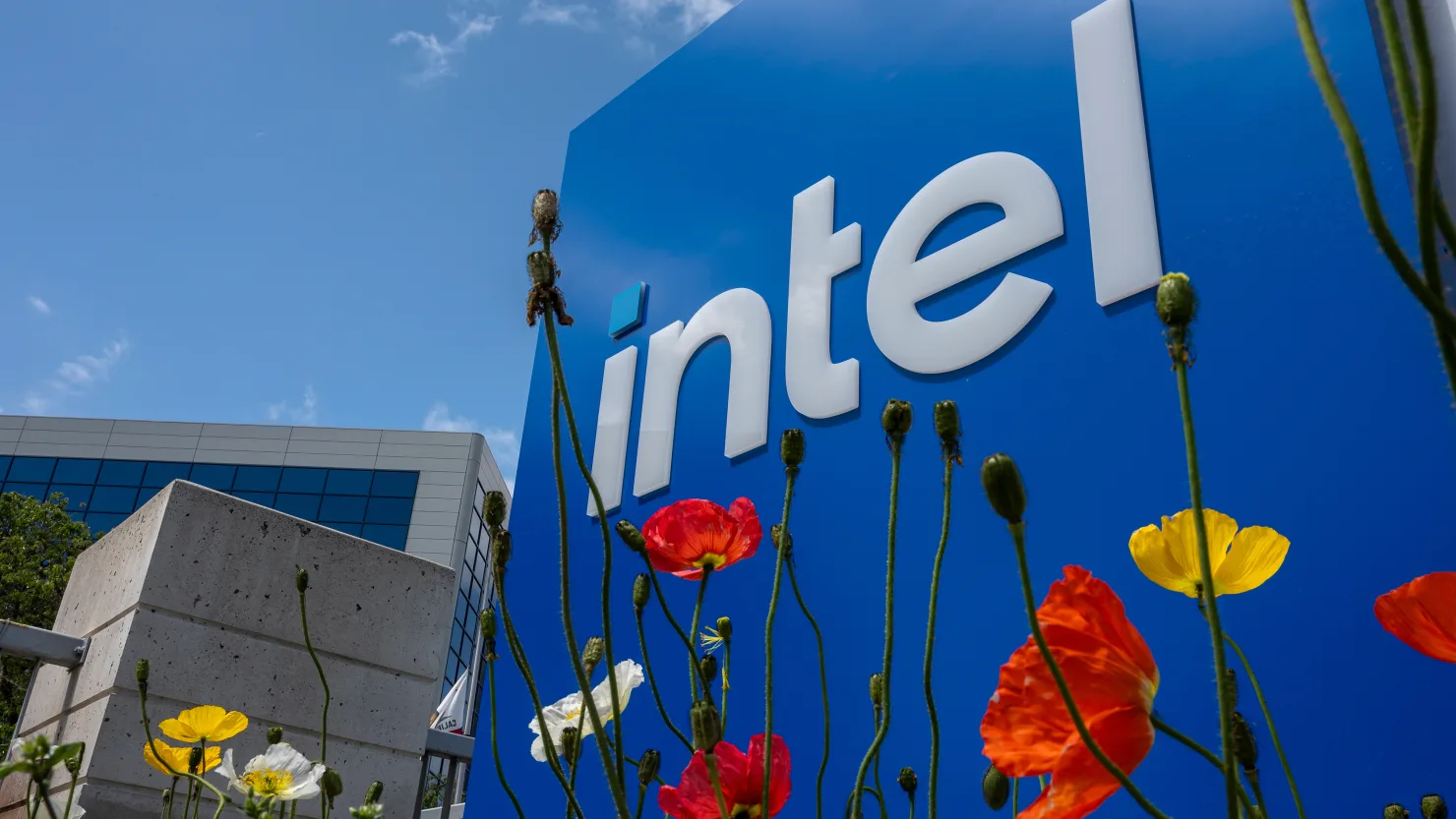Intel’s Chief Financial Officer David Zinsner warned that rising tariffs imposed by the U.S. and retaliatory measures from other countries are significantly increasing the likelihood of an economic slowdown, with the probability of a recession now higher than before. Speaking during the company’s latest earnings call, Zinsner emphasized that fluid trade policies and growing regulatory risks are creating instability that’s difficult for companies to navigate.
Despite reporting stronger-than-expected results for the first quarter, Intel’s guidance for upcoming revenue and profit fell short of expectations, sending its stock down more than 5% in after-hours trading. The company projected second-quarter revenue between $11.2 billion and $12.4 billion—a wider range than usual, reflecting the uncertainty brought on by global trade tensions.
Intel attributed some of its Q1 performance to customers stockpiling chips in anticipation of tariff-related price hikes. However, the longer-term outlook is less optimistic, as the company anticipates possible declines in overall chip demand. Zinsner noted that if consumers and businesses begin to scale back spending due to higher costs and economic uncertainty, it could negatively affect demand for new devices and investment in technology infrastructure.
Although Intel manufactures a portion of its processors in the U.S., its operations are deeply integrated with international partners, including Taiwan Semiconductor Manufacturing Company and Samsung in South Korea. It also relies on chipmaking equipment from European firm ASML and imports various components from China. This global supply chain is vulnerable to the rising costs and complications introduced by new tariffs and trade restrictions.
Zinsner also flagged that the tariff environment has made it more difficult to forecast Intel’s performance, as increased operating costs and demand fluctuations add volatility to an already complex market. One possible outcome, he suggested, is that customers may turn to older, less costly chip models to save money, rather than investing in the latest generation of processors.
Michelle Johnston Holthaus, CEO of Intel Products, added that macroeconomic uncertainty is prompting customers to hedge their inventory decisions. At the same time, U.S. government restrictions on chip exports to certain countries, particularly AI-capable processors, present further challenges.
Under new CEO Lip-Bu Tan, Intel plans to reduce both operational and capital expenditures to enhance efficiency and maintain competitiveness in an increasingly unpredictable global market.
READ MORE:
